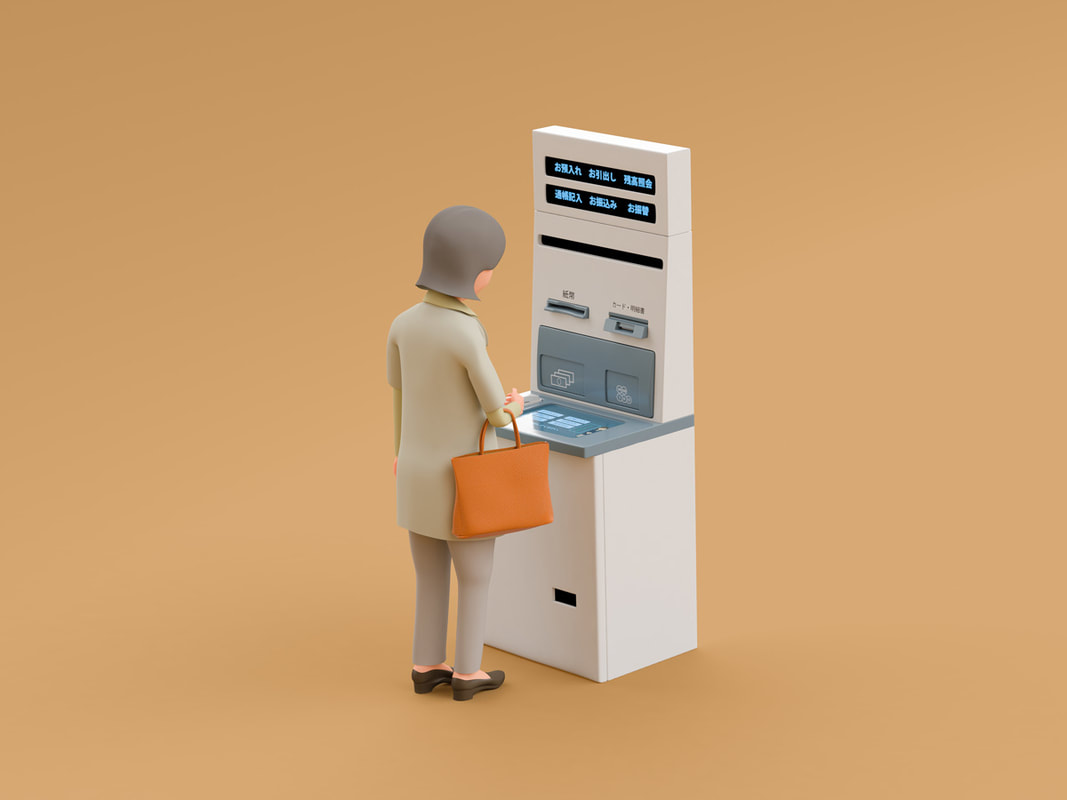|
Elders are favorite targets for scam artists. The most common fraud scams against elders include prizes and sweepstakes. This is where the elder is told they’ve “won” but must first send in money to cover the taxes or other associated fees. Sadly, some will oblige to the requirements because they sound so realistic. These types of fraud come in all shapes, sizes, color, etc. Being aware of how they are pitched is key to avoid being a victim. Here are other types of fraud for you to be aware of:
Need further assistance to keep you elderly parent safe? Our personalized solutions promote the safety, that includes the digital safety, of your family member. Contact us today to set up a consultation. 

|
